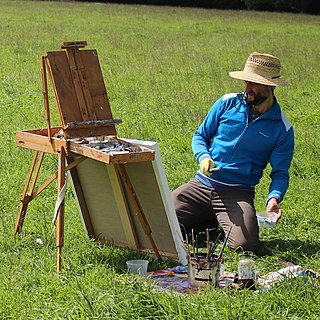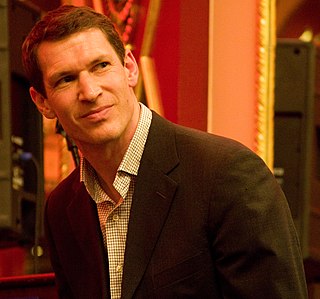A Quote by Ken Follett
I start with the history, and I ask myself, 'What are the great turning points? What are the big dramatic scenes that are essential to telling the story?'
Related Quotes
With all the movies I've made about history, it's not really fun because you're trying to get it right. You've got history telling how it was, and then my imagination is telling me how I wish it had been, but I can't go there, so I have to censor myself. I'm very good about stopping myself from creating history that never occurred, but it's frustrating.
In fiction the narrator is a performance of voice, and it can be any style of voice, but I'm interested in the ways that a voice that knows it's telling a story is actually telling a different story than it intends to. In the way that I can sit here and tell you what I had for breakfast, but I'm really telling you that I'm having an affair, something like that. And I don't think my writing is plain, but I think a lot of my characters are just talking. There is vulnerability there, in that we can start to see through them, we can start to see where they're deceiving themselves.
People are aware that they cannot continue in the same old way but are immobilized because they cannot imagine an alternative. We need a vision that recognizes that we are at one of the great turning points in human history when the survival of our planet and the restoration of our humanity require a great sea change in our ecological, economic, political, and spiritual values.
History is the art of making an argument about the past by telling a story accountable to evidence. In the writing of history, a story without an argument fades into antiquarianism; an argument without a story risks pedantry. Writing history requires empathy, inquiry, and debate. It requires forswearing condescension, cant, and nostalgia. The past isn’t quaint. Much of it, in fact, is bleak.



































